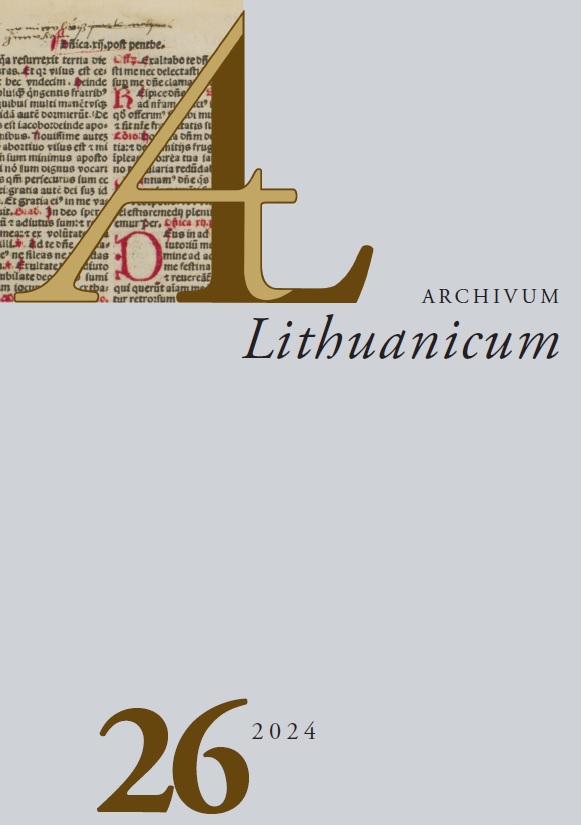Volume 26, Issue 1 (2024): Archivum Lithuanicum, December 2024

Order by:
Pub. online: 29 Dec 2024
Type: Article
 Open Access
Open Access
Abstract
Pub. online: 29 Dec 2024
Type: Article
 Open Access
Open Access
Abstract
Pub. online: 29 Dec 2024
Type: Article
 Open Access
Open Access
Abstract
Pub. online: 29 Dec 2024
Type: Article
 Open Access
Open Access
Abstract
Pub. online: 29 Dec 2024
Type: Article
 Open Access
Open Access
Abstract
Pub. online: 29 Dec 2024
Type: Article
 Open Access
Open Access
Abstract
Pub. online: 29 Dec 2024
Type: Article
 Open Access
Open Access
Abstract
Pub. online: 29 Dec 2024
Type: Article
 Open Access
Open Access
Abstract
Pub. online: 29 Dec 2024
Type: Article
 Open Access
Open Access
Abstract
Pub. online: 29 Dec 2024
Type: Article
 Open Access
Open Access
Abstract